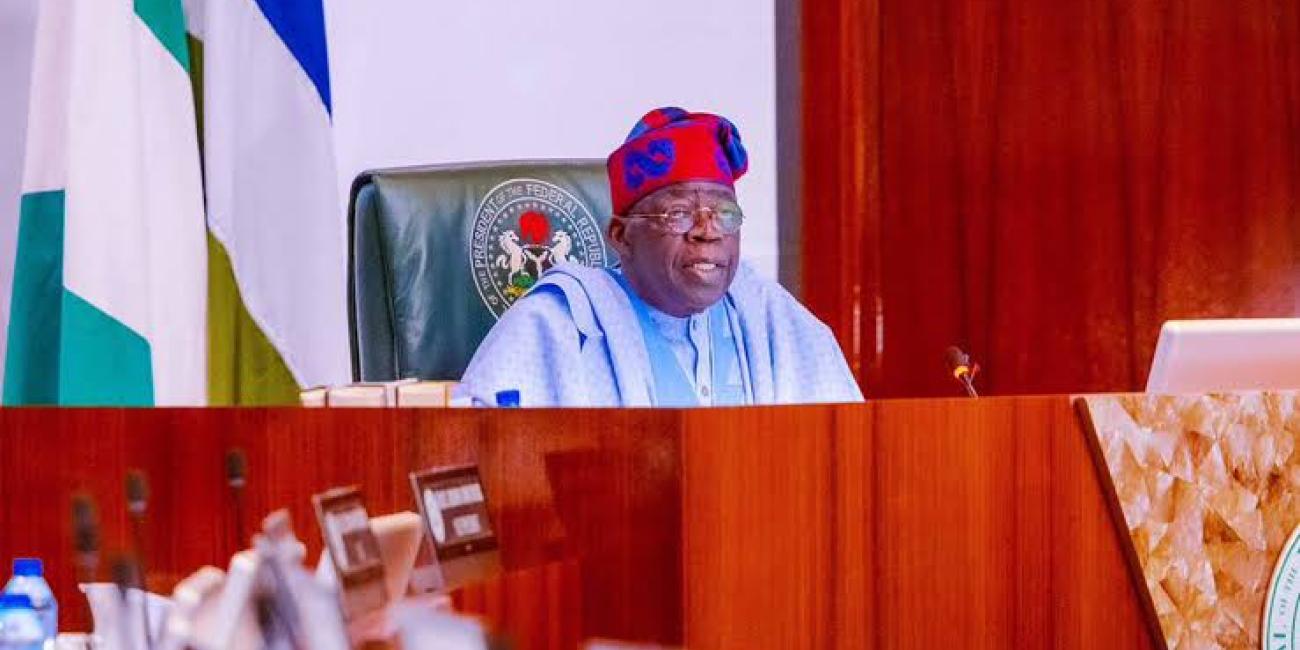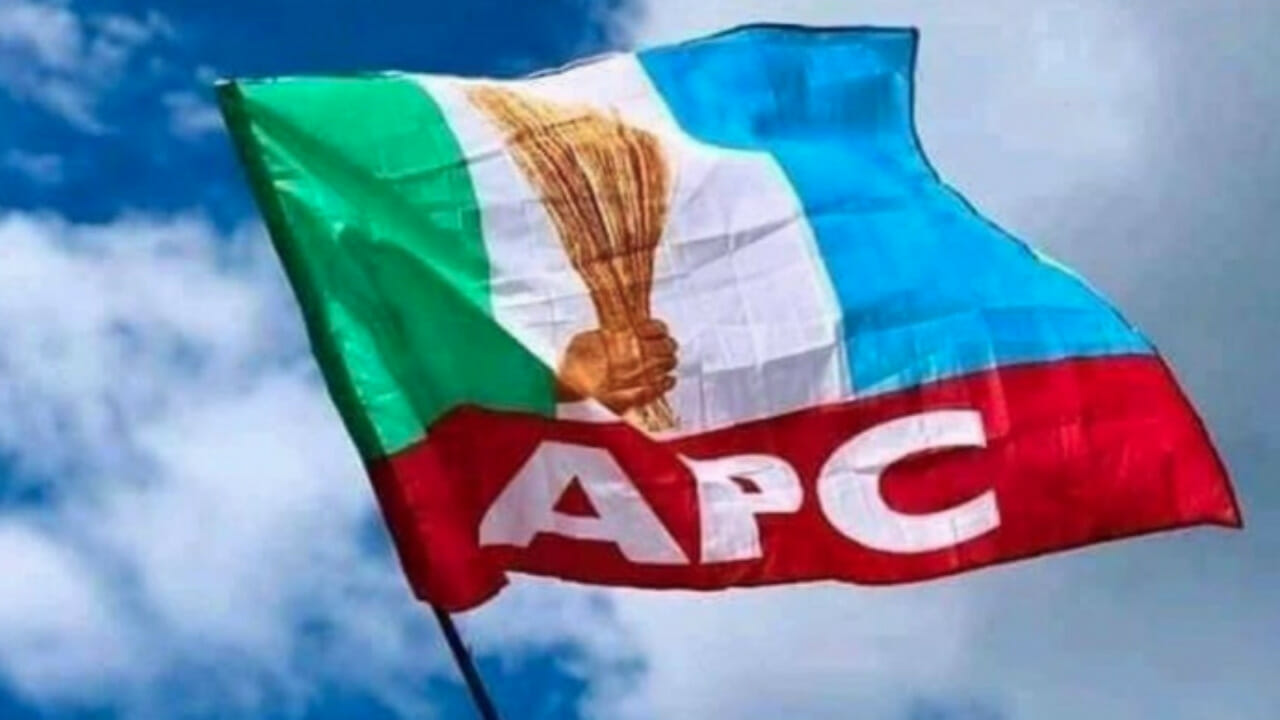Nigerian Government Budgets N26trillion For 2024, Debt Servicing To Gulp Over N8trillion
The Nigerian government said it was working towards ensuring that the January to December budget circle was maintained and that the 2024 budget was passed and signed before December 31, 2023.
The Federal Executive Council on Monday proposed the sum of N26.01 trillion for the 2024 fiscal year to be submitted to the National Assembly.
The Nigerian government said it was working towards ensuring that the January to December budget circle was maintained and that the 2024 budget was passed and signed before December 31, 2023.
The Minister of Budget and Planning, Atiku Bagudu, disclosed this at the end of council’s meeting presided over by President Bola Tinubu at the Council Chamber, Presidential Villa, Abuja.
Briefing State House correspondents at the end of FEC meeting alongside his colleagues from Ministry of Information and National Orientation, Mohammed Idris, the Minister of Finance and Coordinating Minister of Economy, Wale Edun, Minister of Works, Engr. Dave Umahi, Industry, Trade and Investment, Doris Uzoka-Anite, Labour and Employment, Simon Lalong, as well as the Minister of State for Labour, Nkeiruka Onyejecha, Bagudu said the council had approved the 2024-2026 Medium Term Expenditure Framework, MTEF, and Fiscal Strategy Papers, FSP.
He explained that the executive was required by the Fiscal Responsibility Act to present to the National Assembly, ahead of a budget presentation, a document which would provide the medium-term economic outlook for the economy.
He said FEC made assumptions about the reference price for the price of crude oil which is at $73.96; exchange rate put at N700/$; oil production of 1.78 million barrels per day; debt service of N8.25trillion; inflation at 21 per cent and GDP growth at 3.76 percent.
Bagudu said: “Now, it was presented on the background of the commendable measures that have been taken since June in order to restore macroeconomic stability, particularly by the deregulation of petroleum prices, which we maintained that subsidies are gone and, indeed, the regulation of the foreign exchange market.
“So, Council deliberated, as well as the implication of this and all measures promised in the renewed hope agenda, consumer credits, mortgages, reversed or dismissed institution as well as funding the newly aligned institutional changes, particularly ministries, with specific functions that are able to generate growth that would be better for our country.
“The council members acknowledged the medium term expenditure framework, and it is agreed that we can go ahead to the next step of consultation and presentation to the National Assembly.
“The Medium Term Expenditure Framework is a requirement of the Fiscal Responsibility Act. So, the Fiscal Responsibility Act is for years 2024 to 2026.
“The several hundred of dollars reference price assumes optimism that investment flows will continue to come in. Given all the engagements, given all the positive tractions we are seeing from investors from the engagement led by Mr. President personally, two countries, in particular India and UAE, as well as France, the engagements led by the coordinating minister of the economy, engagement led by the trade and investment minister and, indeed, other ministers.
“So, now increasingly, engagement made by the governor of the Central Bank of Nigeria, and, indeed, all other ministers. We believe these inflows will help us to clear the backlog and the exchange rate will begin to reflect a stronger value than the current weakness.
“There was a question on the assumptions. I spoke about a number of assumptions. The assumptions include oil price benchmark, which I said for 2024 we are assuming $73.96, oil production of 1.78 million barrels a day, exchange rate of N700/$.
“Then the inflation of 21 per cent and GDP growth rate of 3.76 per cent . The aggregate expenditure is estimated at N26.01 trillion for the 2024 budget, which includes statutory transfers of N1.3 trillion, non debt recurrent expenditure of N10.26 trillion, debt service estimated at N8.25 trillion, as well as N7.78 trillion being provided for personnel and pension cost.
“Debt service increased because N22.7 trillion with the expectation of scrutinising the federal government debt at nine per cent.
“So that is easily about N2.1 trillion. This describes that equally personnel cost went up because of transfers under the agreement with labour.”








